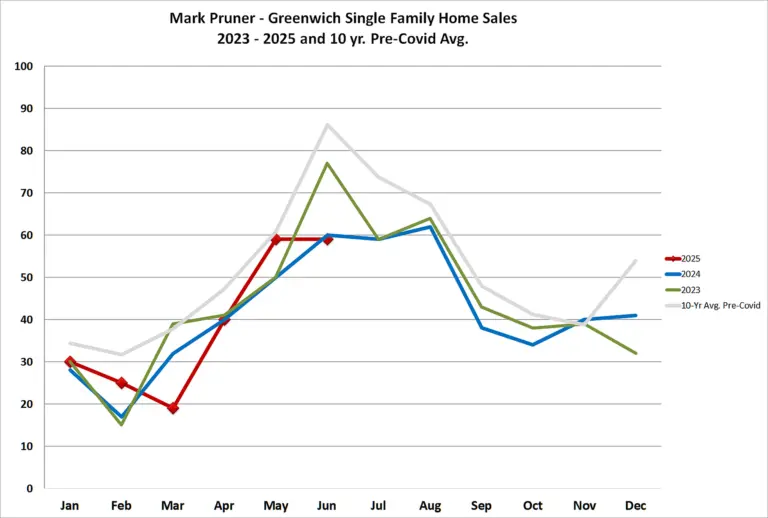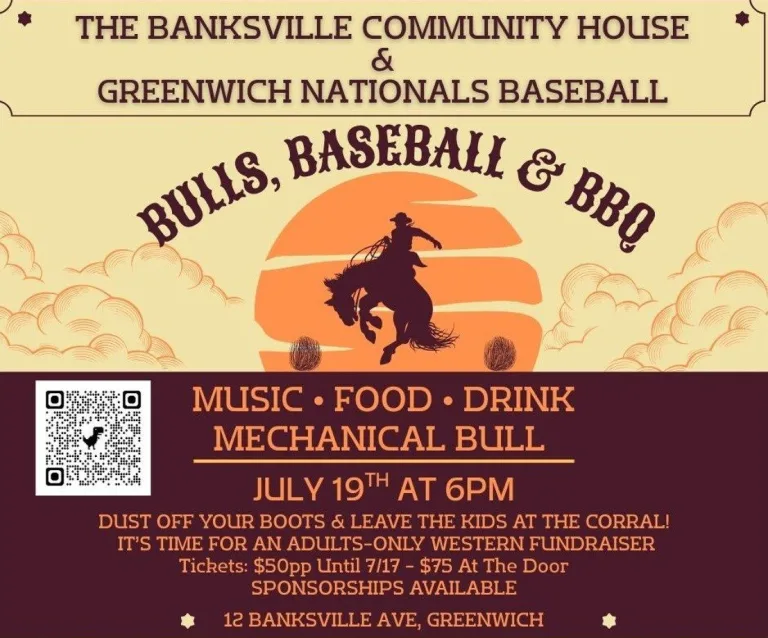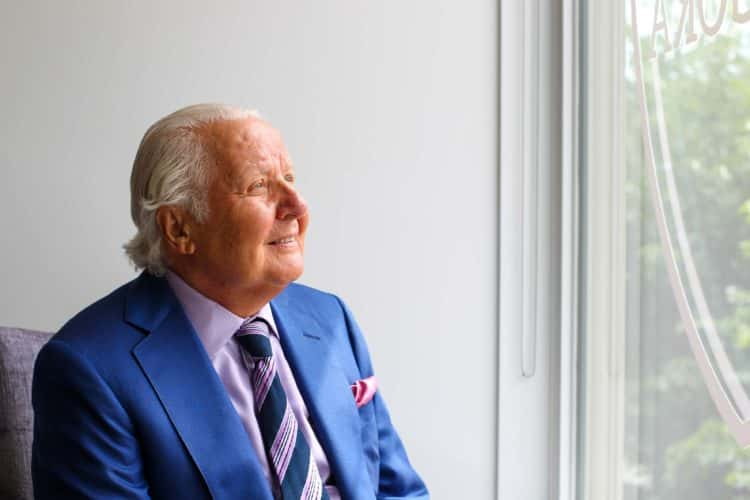
By Foster Steinbeck
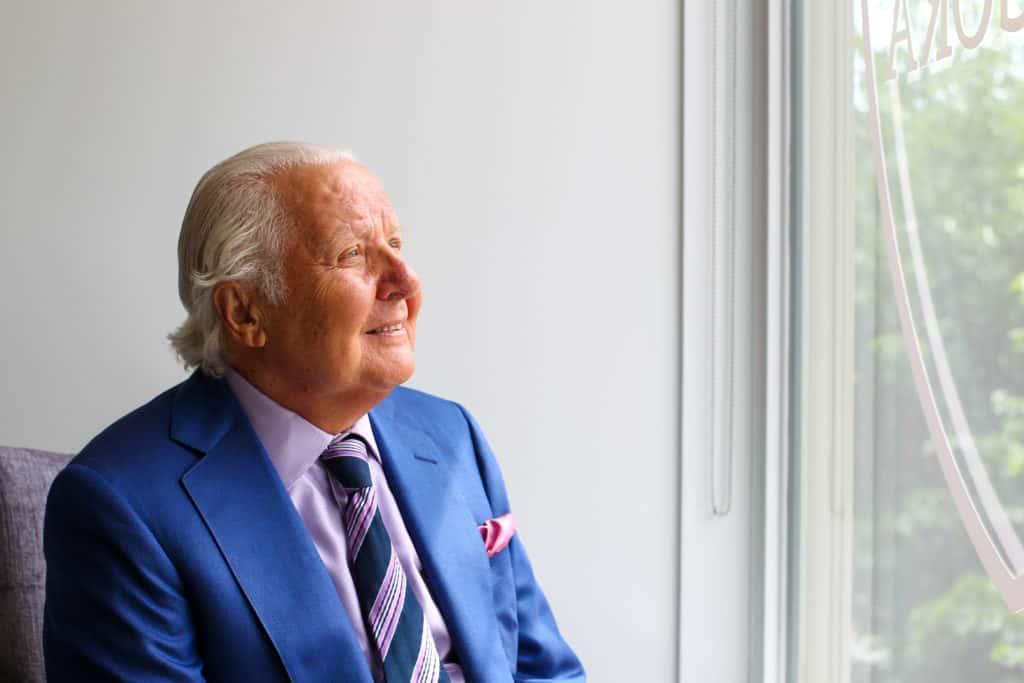
After 50 years in the business, Master Bespoke Tailor Umberto Pitagora has no plans to retire. Why would you retire when you’re on a quest to make the perfect suit?“Painters never retire. They keep doing because they want to do something different. To me, it’s the same,” Pitagora said. “I want to reach perfection, which can never be done. Perfection doesn’t exist … but I want to [get] the closest I can.”
Called the “Obi-wan Kenobi of Suit Making” by Men’s Fitness in 2017, Pitagora has been creating bespoke suits — custom-made suits built by taking over a dozen measurements from each of his clients, creating the exact outlines for the suit pieces and then creating the suit pieces so each of them fits together perfectly around clients — since opening his business in 1970.
Despite being in business five decades ago, Pitagora said working with clients still energizes him and that he has no plans to stop making suits, barring unforeseen health complications.
For Pitagora, he is continually striving to learn how to create suits that are like a second skin for his clients, the art of weaving the client’s body shape and measurements in combination with their desires, accompanied by his sartorial advice.
“No one knows everything about this trade. If somebody tells you he knows 100 percent of the business, it’s a lie,” Pitagora said. “You’re never finished.”
Suits from scratch
While suits can be ordered custom-made with some measurements from other tailoring stores, Pitagora creates suits from the ground up. No two of his suits are exactly alike, as he works with each client — often CEOs, doctors and lawyers — to make one or several suits to match their body.
“There [are] no two bodies that [are] same, that’s what I can tell you,” Pitagora said. “Like [how] the brains are the same, but we all think different[ly]. The shape of the people, they are different.”
He first takes extensive measurements and notes of the client’s body measurements, body shape, and personal wishes. He then designs each individual piece of clothing used to make the shirt, jacket and trousers — such as the shirt’s arms and the jacket’s lapel — using parchment paper outlines based on the client’s information.
Pitagora then creates the pieces of the individual suit using the parchment outlines with the fabric and other details he and the client have agreed on. Clients have an extreme level of customization with their suits, with Pitagora saying everything, from the placement of the shirt’s buttons to the shape and size of the lapel, is customizable.
“My motto is ‘the customer is always right,” Pitagora said, pausing with a smile, “with my approval.’”
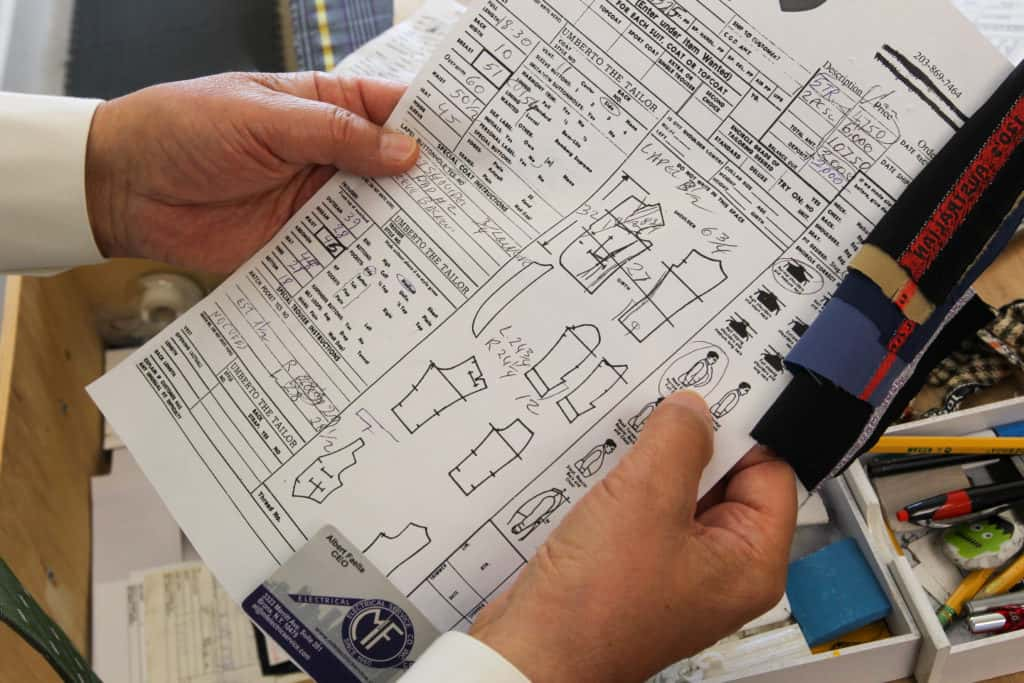
Pitagora estimated each suit takes around 50 man-hours to create. After all the pieces are
created, Pitagora employs the help of other tailors to put the parts together.
Dr. Vincenzo Castellano, who has worked with Pitagora to make a couple of suits, pants and shirts, said he appreciates Pitagora’s collaborative nature. Having shopped at Bergdorf Goodman in Manhattan and other luxury stores and brands, Castellano said he spends a comparable amount for at Pitagora’s business but receives a better suit.
“Sometimes, with those companies, I feel you’re paying for the name. But with Umberto, you’re paying for the exclusivity,” Castellano said, praising Pitagora’s mastery.
Pitagora said the most rewarding part of his business is seeing the client’s satisfaction after everything has been put together, and he sees their reaction.
“When the customer smiles wearing the suit, that’s what I need,” Pitagora said. “It’s a pleasure. That pleasure, it’s worth a lot.”
Long-time customer Joseph Franceski first met Pitagora in 2010, and has since made over a dozen suits, sport coats, trousers, and shirts with Pitagora. Franceski calls Pitagora “maestro” and the clothes “projects,” out of respect and appreciation of Pitagora’s skills. Franceski said his favorite part of producing projects with Pitagora is seeing the final product, complimenting the octagenarian’s unique taste and mastery.
“It’s a joy to work with him. He knows what I like, we play off each other. It’s the old fashioned tailor customer experience, where you’re not buying something off a shelf,” Franceski said. “You’re creating something, you’re making something.”
Pitagora’s past
Pitagora started working as an apprentice tailor in Nicastro, Italyf, during the early ’50s. At 14-years-old, Pitagora initially wanted to undertake a mechanic apprenticeship in a nearby town. However, with his family unable to afford the travel expenses and no plans for higher education, Pitagora began his tailoring apprenticeship.
With few opportunities in Italy, Pitagora came to the United States in the late sixties with dreams of starting a tailoring store. Haas Tailoring, an American company, financed his trip abroad in exchange for his labor in their production factory in Baltimore.
Pitagora said his inability to pronounce “H’s” caused much laughter when people asked where he worked during his first year in America.
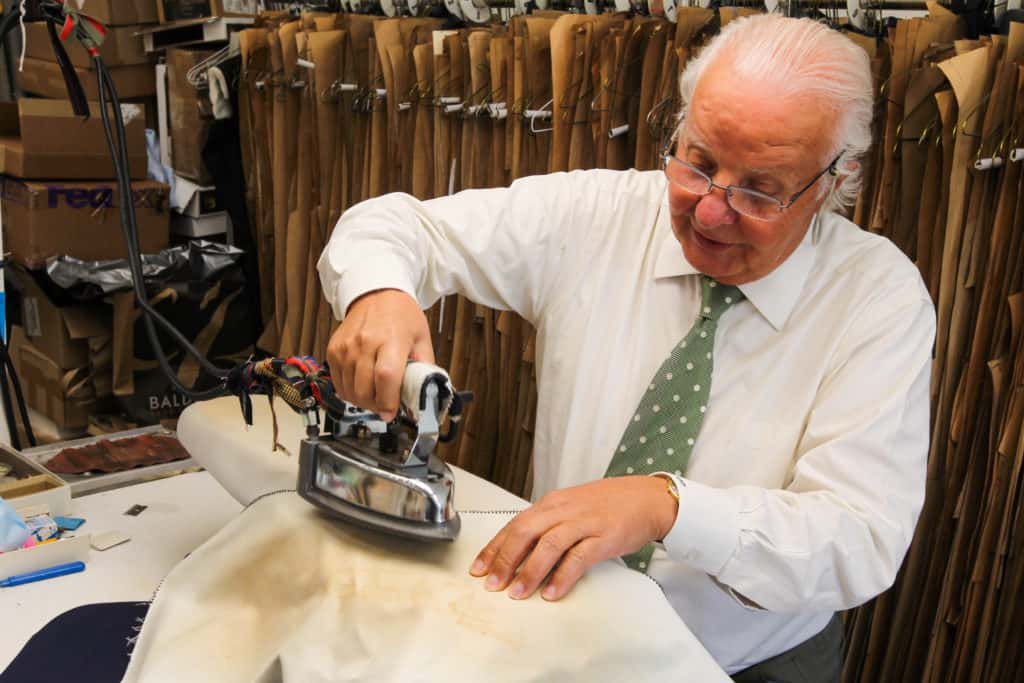
After a year in Baltimore, Pitagora moved to Darien, Conn. in 1968 to work at a friend’s tailor shop for two years. In 1970, Pitagora bought a retiring tailor’s store in Wilton, Conn., with all of its equipment for $5,000. He remained in that same store for 47 years, until relocated the business to Greenwich Avenue as it was closer to his home.
Pitagora credits the business’s longevity to the quality of the suits and his financial choices, saying he never took out a loan to fund the business. Thanks to the business’s success, Pitagora said he was able to fund his children’s’ college education fully.
However, Pitagora is saddened by the fact bespoke tailoring is dying off, saying the trade isn’t financially viable until years of necessary training, near-insurmountable in this day and age.
Custom Tailors & Designers Association president Alan Rouleau echoed similar thoughts on the future of the trade.
“The trades have fallen by the wayside because people have become very used to immediate gratification,” the Bespoke Tailor said. “We, as custom tailors, don’t draw the average person coming in. Custom-made clothing is not for everybody.”
Pitagora said he has no immediate plans for the business in the future but is hoping for someone to inherit the store to keep the art of making bespoke suits alive. However, he knows the search will turn up fruitless.
A time will come when I have to close, and that’s it,” Pitagora said. “I wish I found a young guy. I would give [this store] for free, just to keep it going.”



